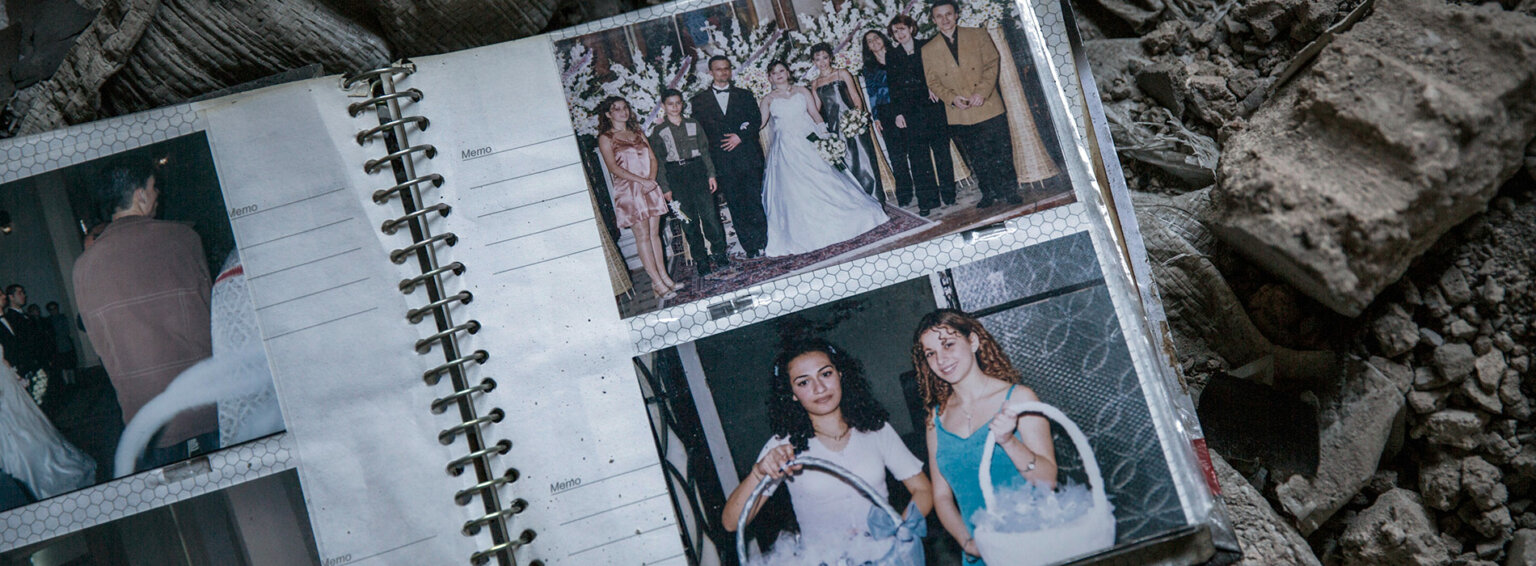- About
- Topics
- Story
- In-Depth
- Picks
- Opinion
- News
- Donate
- Signup for our newsletterOur Editors' Best Picks.Send
Read, Debate: Engage.
| October 03, 2016 | |
|---|---|
| topic: | Refugees and Asylum |
| tags: | #Ghana, #Amma Darko, #African literature, #refugees |
| partner: | Journafrica |
| located: | Ghana |
Her own experiences of coping with a foreign culture still inspires Amma Darko's works. Darko's latest book also reflects her own life story. "Between Two Worlds" is based on the true story of a young man from Ghana, who came to Germany in the 1960s and fell in love with a German student. In an interview with JournAfrica Darko describes how her perception of Germany has changed over the years and how that change led to a growing interest in African literature.
JournAfrica: You came as a political refugee to Germany in the 1980s and you have returned many times. Have things changed in Germany?
Amma Dark: Things have changed a lot since I lived in Germany. Let me tell you about an encounter I made yesterday. When I was here in the 1980s there weren´t a lot of African people in Germany, when you saw another black person on the street you stopped and said something. You didn´t just pass by. But yesterday I was walking on a street in Berlin and a young black women walked on the other side of the street and we just passed each other. I was shocked but I guess it became normal to see black people around.
How has the perception of Germany changed?
When I went to Germany the people back home had the idea that in Germany the streets are laid with gold. People did not believe that there exists poverty in Germany. This idea still exists in some places as we see today with the refugees but to a lesser extent. There is misinformation about economic betterment. The refugees believe that in Germany there is a job and car waiting for them because this is the image about Europe shown to them. Just as in Europe only bad things are shown about Africa, in Africa only good things are shown about Europe. I always like to say in Africa “Good news is no news, bad news is news.
You noticed a greater diversity in German society and more openness towards people from Africa. Is this change also reflected in a greater interest in African literature?
I would certainly say yes. I think the change is twofold. On the one hand there is an expansion of readership which is related to more openness towards African people. On the other hand, there is an expansion of writers from Africa which naturally leads to more diversity in story-telling and attracts a broader audience.
The term African literature is contested by some writers. Is it possible to talk about African literature?
I prefer to call it literature from Africa because it gives it a certain identity. I don´t think calling it African literature is patronizing or ignorant in any way because there is also American literature or Asian literature and in the end, I believe a story is a story.
Besides writing you also worked as taxwomen in Ghana. To what extent is writing a socially accepted occupation in Ghana?
The concept of being a writer is still today confusing to many people. Bing a writer is not considered as enough for occupation. When I create a scene in my mind I am “just” sitting around supposedly doing nothing. I work with my mind, not my hands, this is something which many people do not understand.
What is the power of story-telling for social change?
With story-telling it is possible to indirectly criticize society, being a writer certainly gives you certain liberties. The stories you are telling are a platform to express critic on society.
Your new book “Between Two Worlds” is based on a true story. What is the book about?
To answer this question, I have to tell you the story behind the story. Some years ago I was interviewed by a German newspaper where I talked about my previous books which talked about the difficulties of intercultural encounters. Sometime after this interview, I received a letter from a lady who wrote me her life story. In the early 60s she fell in love with a young man from Ghana, who came to Germany for his studies. Eventually the two got married and returned to Ghana to found a family. Not an easy decision for a young woman in Germany in the post-war period. The intercultural challenges she described to me in her letters, inspired me to write a fictional novel, which is based on the events of her life story.
The interview was first published on JournAfrica!, a fairplanet's media partner.
By copying the embed code below, you agree to adhere to our republishing guidelines.
